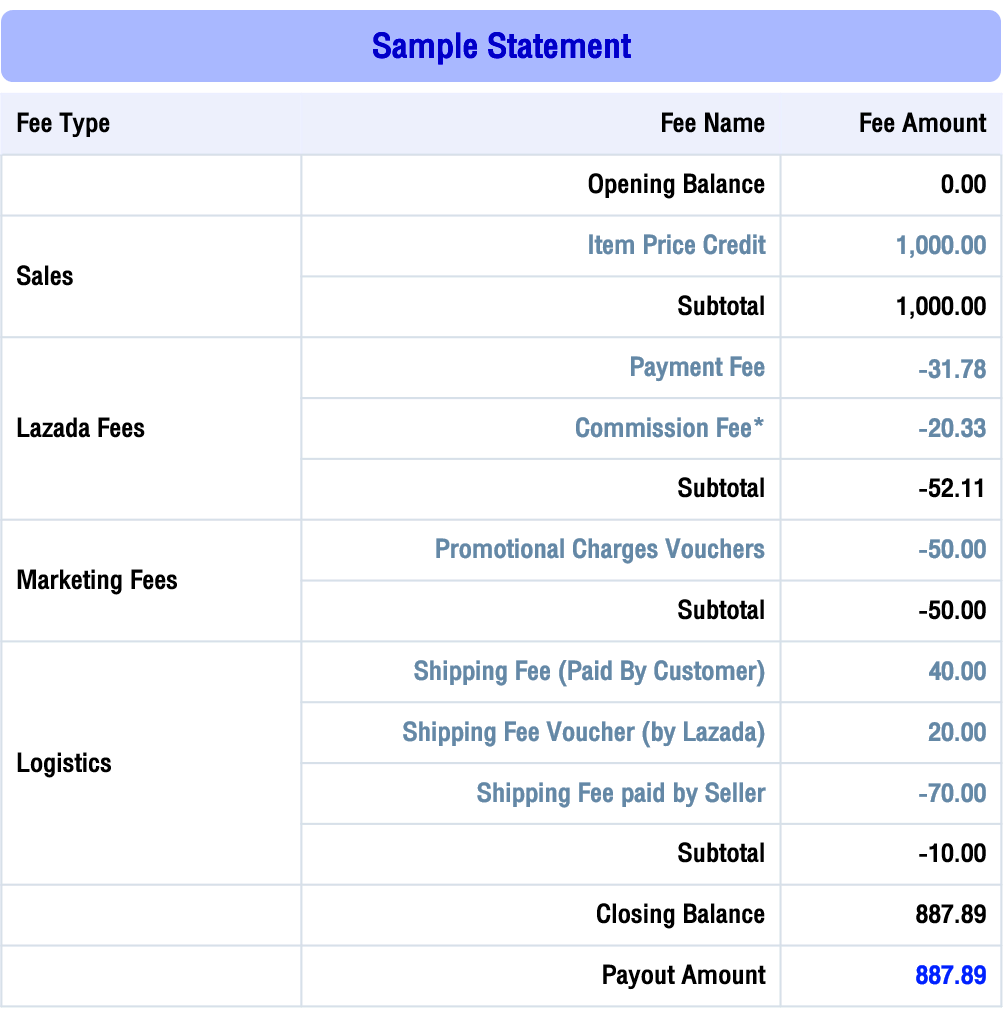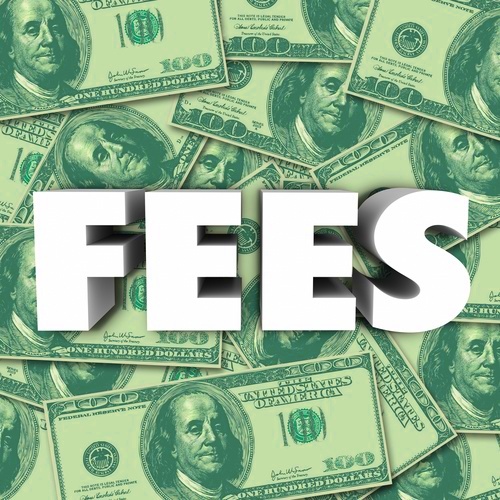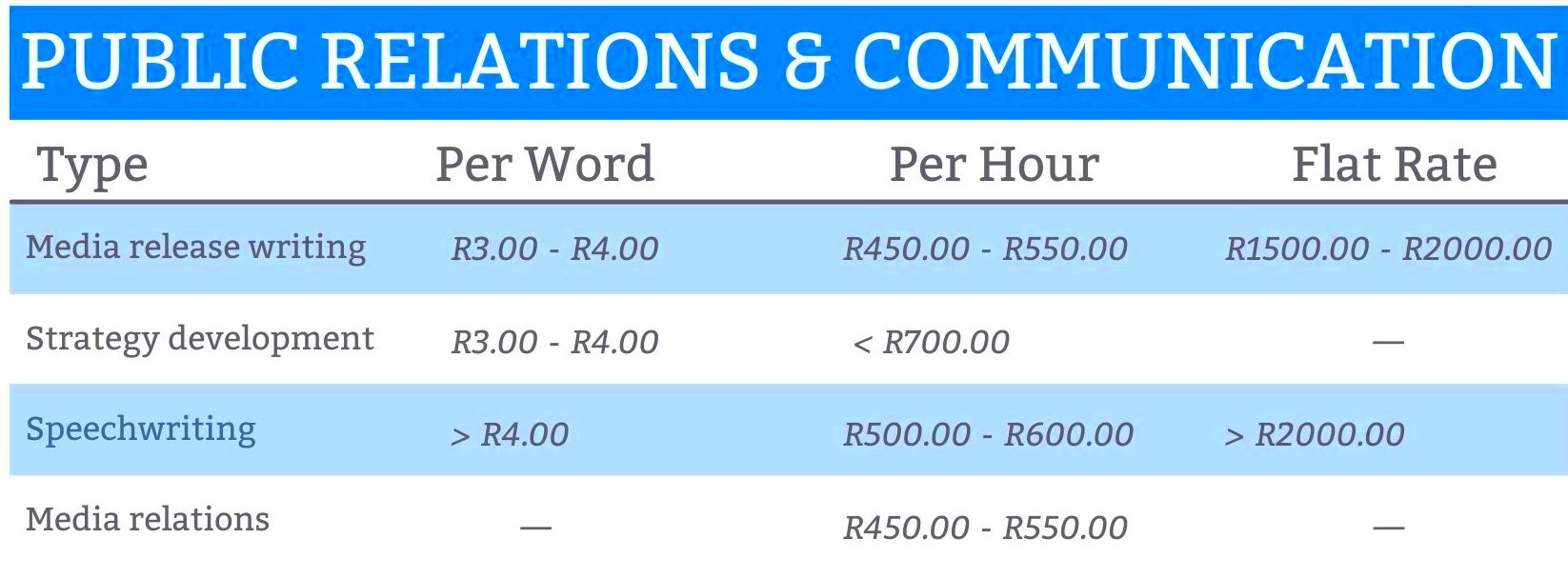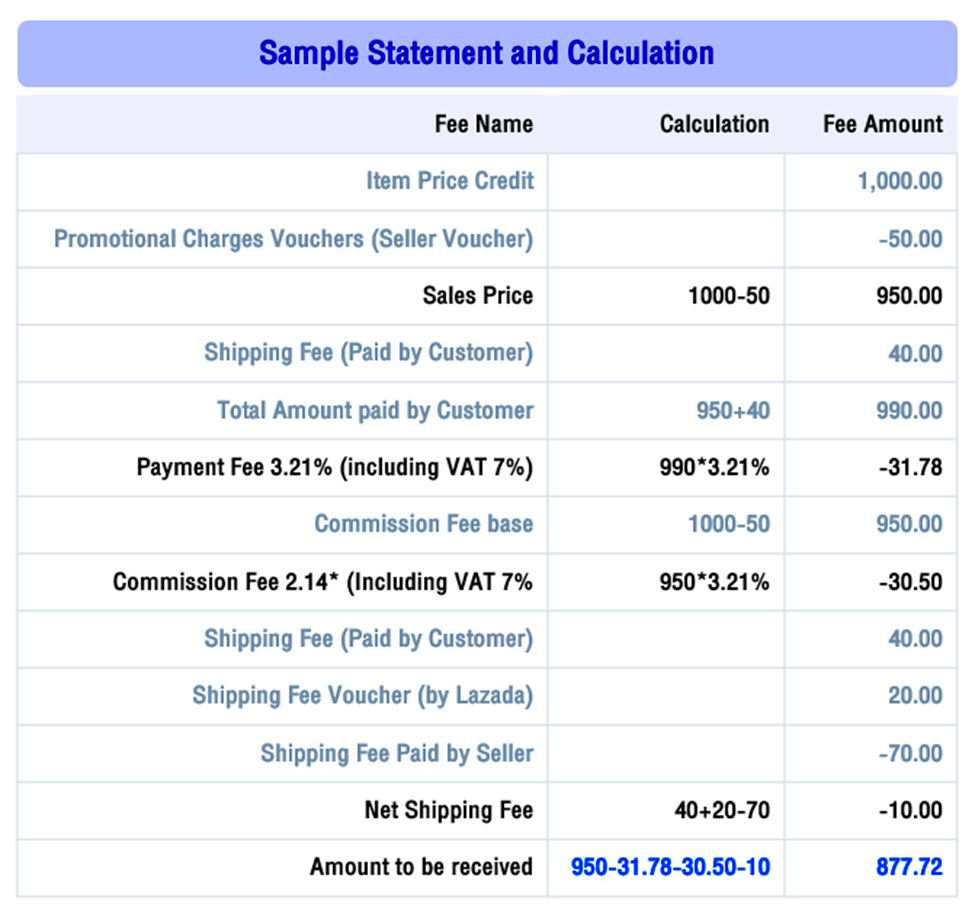Commission fees for freelancers refer to the deductions made by platforms or agencies when a freelancer receives payment for their work. These fees serve as a source of revenue for the platform and help cover its expenses. For example when you secure a job through a platform such as Fiverr or Upwork they withhold a portion of your earnings as their fee. This percentage is subtracted before you are paid.
Let’s say you earn $100 from a project and the platform charges a 20% commission fee you would receive $80. This approach helps sustain the platforms operations ensuring that it stays a secure and user friendly space for both clients and freelancers. While it may appear as a reduction in your income these fees play a role in funding the platforms resources and assistance.
Why Freelancers Charge Commission Fees

Freelancers impose commission fees mainly to offset their expenses and keep their operations running. This trend is prevalent across different fields ranging from creative freelancing to consultancy. I recall feeling confused about these charges when I first ventured into freelancing. They appeared to be an added weight. Nevertheless as time went on I came to understand the significance of these fees in upholding the platforms framework and offering vital services such as customer assistance and transaction handling.
By charging fees freelancers can dedicate their attention to their work instead of getting caught up in responsibilities. This leads to a smoother and more productive process enabling freelancers to allocate more time to projects and less on managing transactions.
Also Read This: Showcasing Freelance Work on Your Resume
How Commission Fees Are Calculated

Commission fees are usually determined by taking a portion of the overall revenue generated from a project. The specific percentage can differ based on the platform or agency involved. Here is a broad summary:
- Fixed Percentage: Most platforms charge a fixed percentage of your earnings. For example, a common rate might be 10-20% of the total amount you earn.
- Sliding Scale: Some platforms use a sliding scale where the commission percentage decreases as your earnings increase. For instance, you might pay a higher percentage on your first $500 of earnings and a lower percentage on anything above that.
- Service Fees: Besides commission, there might be additional service fees for features like priority listings or advanced tools.
Grasping the way these charges are determined can assist you in handling your money more effectively and establishing fair rates for your offerings. When I came across this concept it took some time to get used to but now I incorporate these fees into my pricing approach to make sure I'm fairly rewarded for my efforts.
Also Read This: Do Fiverr Backlinks Really Work? An In-Depth Analysis
Comparing Commission Fees Across Freelance Platforms

When diving into freelancing it's crucial to grasp how commission fees vary across platforms as this can greatly affect your income. Each platform has its own fee structure which can sway your decision on where to showcase your skills.
For instance Fiverr may take a 20% cut from your profits while Upwork has a tiered system starting at 20% for the initial $500 and dropping to 10% after you exceed $10,000 in earnings. Conversely sites like Freelancer.com could follow a similar model but with varying percentage rates and extra service charges.
| Platform | Commission Fee Structure |
|---|---|
| Fiverr | 20% of earnings |
| Upwork | 20% for the first $500, 10% from $500.01 to $10,000, 5% above $10,000 |
| Freelancer.com | 10% or $5 (whichever is greater) |
Having tried out various platforms I can say that grasping their fee structures is key to making a well informed choice about where to dedicate your time and expertise. It goes beyond the percentage; it's about the impact of these fees on your earnings and identifying the platform that offers the best return on your efforts.
Also Read This: How to Start a Gig on Fiverr
How to Minimize the Impact of Commission Fees

Navigating commission fees doesn't have to be a hassle. By being strategic in your approach you can lessen their effect on your income. Here are a few insights I've gathered throughout the years.
- Factor Fees into Your Rates: Always include the commission fees in your pricing. If you’re on a platform with a 20% fee, adjust your rates so that your take-home pay meets your financial goals.
- Choose the Right Platform: Some platforms offer lower fees or better structures for high-volume work. Research and select the one that aligns with your business model.
- Negotiate Fees: For large projects or long-term clients, don’t hesitate to negotiate terms that might include a reduction in fees or alternative payment structures.
These approaches have played a role in boosting my income. The key lies in being proactive and thoughtful in managing your finances as a freelancer.
Also Read This: How to Add Extras in Fiverr: A Comprehensive Guide
Understanding Freelancer Platform Policies on Fees
Each platform for freelancers has its own set of rules when it comes to fees and being aware of these can help you avoid any surprises. Its important to go through the terms and conditions of each platform to understand how fees are charged and if there are any extra costs involved.
For example some platforms impose a commission on your earnings along with extra fees for cash withdrawals or accessing features. I once neglected these aspects and ended up with unexpected charges that I hadn’t planned for. Nowadays I make it a priority to go through the details and stay well informed about potential expenses.
- Withdrawal Fees: Many platforms charge fees for transferring funds to your bank account or payment service. Check these fees to avoid surprises.
- Service Fees: Some platforms offer premium services for a fee, which might be necessary for better visibility or access to more clients.
- Dispute Resolution Fees: In case of disputes, platforms may charge fees for mediation or arbitration services.
Keeping yourself updated on these regulations can help you handle your money more effectively and make wiser choices regarding your employment. Its all about staying conscious and ready so that every cent you make is properly, tracked.
Also Read This: How to Use PayPal on Fiverr
Hidden Fees to Watch Out For
In the realm of freelancing it's crucial to stay vigilant against hidden fees that can catch you off guard. These additional costs have a way of nibbling away at your hard earned income, leaving you with a sense of frustration. When I first ventured into freelancing I was taken aback by unexpected fees that I hadn't seen coming. With time I became more adept at spotting these elusive charges to steer clear of any unwelcome surprises.
Here are a few fees that often go unnoticed but are worth keeping an eye out for.
- Withdrawal Fees: Many platforms charge a fee when you transfer your earnings to your bank account or PayPal. This fee can vary widely, so always check the platform’s withdrawal policies.
- Service Upgrades: Some platforms offer additional features for a fee, like priority placement or enhanced visibility. While these can be useful, they can also add up quickly.
- Currency Conversion Fees: If you work with international clients, you might face fees for converting currency. These can be quite high, depending on the platform and your payment method.
- Dispute Resolution Fees: If a dispute arises between you and a client, some platforms charge a fee for their mediation services.
By staying vigilant about these unexpected charges, you can take control of your budget and make sure youre really receiving the worth you anticipate from your freelance platform.
Also Read This: Tips for Starting as a Freelance Landing Page Designer
FAQs About Freelancer Commission Fees
When you start exploring freelancing you might find yourself wondering about how commission fees work. Ive encountered similar queries and have compiled some insights to shed light on these common issues.
- What is a typical commission fee for freelancers? Commission fees vary by platform but typically range from 10% to 20% of your earnings. Always check the specific rates on the platform you're using.
- Can I negotiate commission fees with a platform? Generally, commission fees are set by the platform and are non-negotiable. However, some platforms may offer reduced rates for high-volume freelancers or long-term clients.
- How can I avoid hidden fees? Thoroughly read the platform’s terms and conditions, especially regarding fees and charges. Being aware of potential hidden costs can help you plan better.
- Are there platforms with lower commission fees? Yes, some platforms offer lower commission rates or different fee structures. Research various platforms to find one that fits your financial needs.
Grasping these frequently asked questions can ease your freelance path and assist you in handling your finances, more efficiently.
Conclusion: Navigating Commission Fees Successfully
Handling commission fees can be tough but with the mindset you can tackle them smoothly. From what I've learned staying up to date and having a plan is crucial. By grasping how the fee systems work, exploring various platforms and being cautious of costs you can take control of your freelance earnings more effectively.
When determining your rates it's crucial to take these fees into consideration and select platforms that align with your financial objectives. Keep in mind that being knowledgeable about these fees empowers you to succeed in your freelance journey. By being proactive in comprehending and handling these costs you can navigate your freelancing career more effectively. With careful preparation and attention to detail you can ensure that commission fees won't hinder your achievements.




